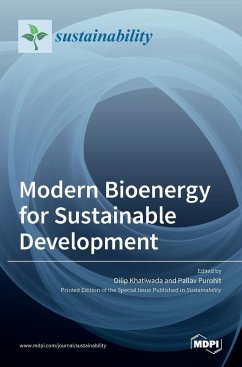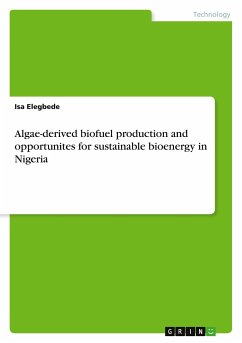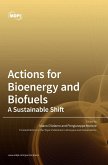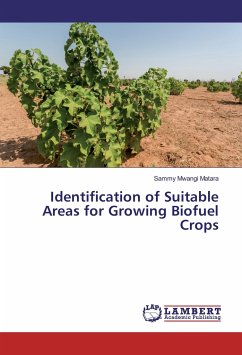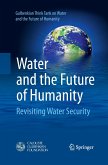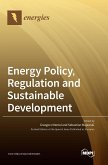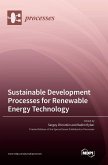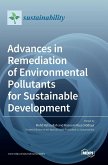The potential of modern bioenergy to supplement traditional fuels and reduce greenhouse gas emissions has put it front and center in the plan to replace conventional fossil-based fuels with renewables. While much has been written about biomass supply chains, conversion technologies, or techno-economic analysis of different biofuel production pathways, little attention has been paid to the role that bioenergy production and consumption will have in sustainable development. What are the synergies and trade-offs between bioenergy use and the UN Sustainable Development Goals? In order to minimize the potential risks, we need to understand interdisciplinary dimensions such as government policies, financing schemes, stakeholders' engagement, and inter-sectoral linkages while devising sustainable bioenergy strategies. Innovation in the transition towards modern bioenergy systems will only be possible if we consider a participatory approach, people's behavior, and societal needs. "Assessing the Modern Bioenergy Potential and Strategies for Sustainable Development" presents a clear illustration of the challenges involved, as well as possible solutions, in the drive towards using modern bioenergy and strategies for sustainable development.
Hinweis: Dieser Artikel kann nur an eine deutsche Lieferadresse ausgeliefert werden.
Hinweis: Dieser Artikel kann nur an eine deutsche Lieferadresse ausgeliefert werden.

